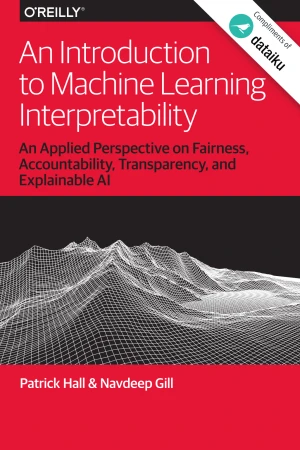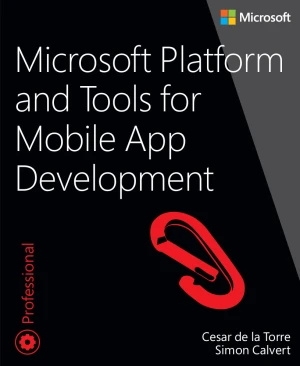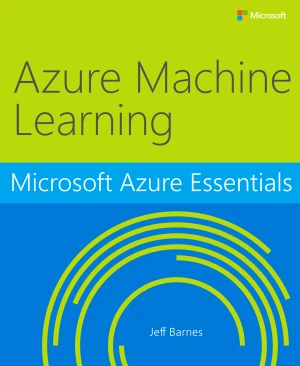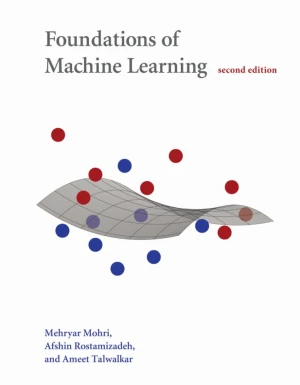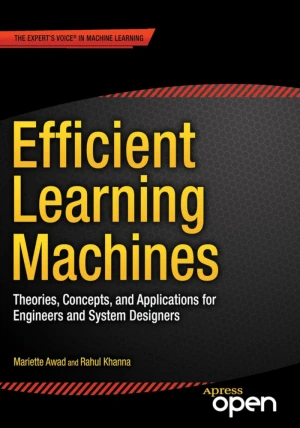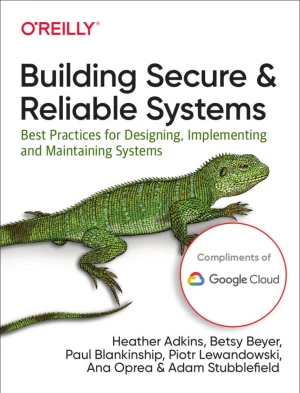Mobile Media Learning
Innovation and Inspiration
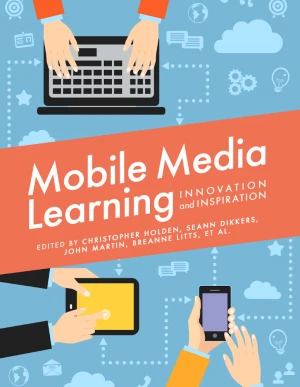
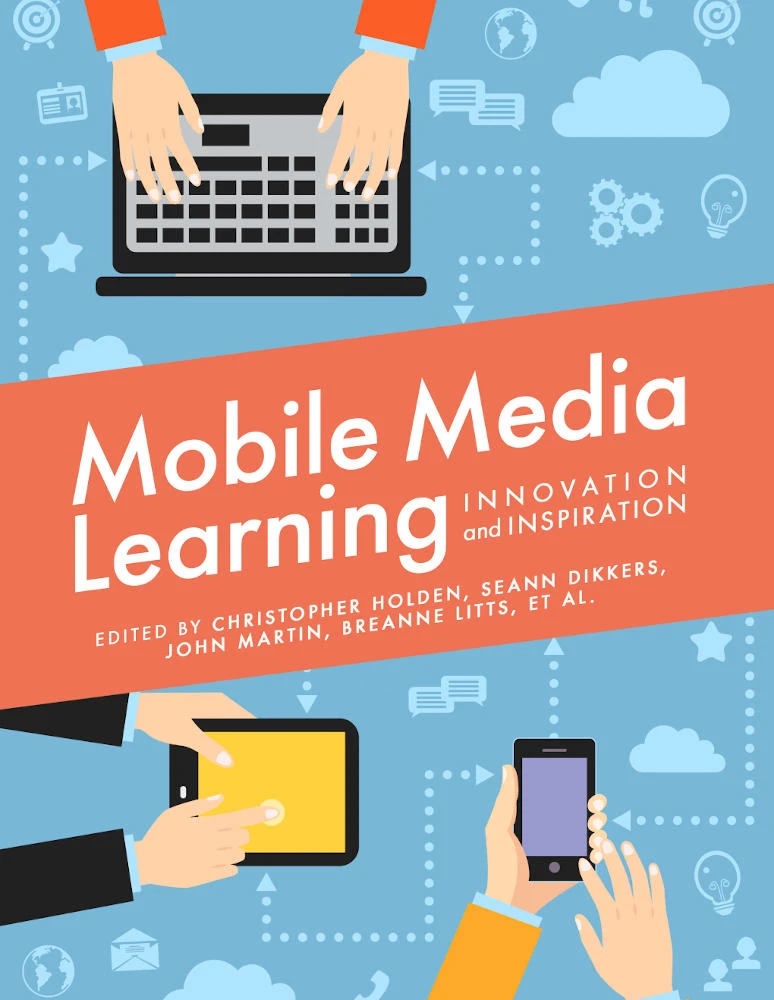
Book Details
| Authors | Christopher Holden, Seann Dikkers, John Martin, Breanne Litts |
| Publisher | ETC Press |
| Published | 2015 |
| Edition | 1st |
| Paperback | 271 pages |
| Language | English |
| ISBN-13 | 9781312981256 |
| ISBN-10 | 1312981253 |
| License | Creative Commons Attribution-NonCommercial-NoDerivatives |
Book Description
This book is an inspirational message about what is possible and practical in the name of learning through mobile media. We present stories from a diverse set of educators, a microcosm of the landscape of mobile media learning.
Each author has found a way to create something new and beautiful in their own world. And though their results are exceptional, their surroundings are not. Most are not experts in high-technology, nor highly equipped. They get as far as they do by using what is at hand, in part by making use of accessible, free and open source software.
To provide both a deeper look into how these projects operate and a practical resource for those who want to join in, this book addresses most of these tools individually as well. Our detailed, down-to-earth accounts will not only be legible to newcomers but refreshingly forthright to those anxious to better understand educational experiments connecting learning and mobile media. Considering this work across many disciplines, age groups, and theaters, we also find a way toward an elusive truth, what mobile media learning might mean as a whole: what educators are after, the challenges they face, how they manage, what they and learners are getting from it all, and most importantly, what comes next. Beyond informing, we hope to encourage and provoke readers into creative action. We want your stories in our next book.
This book is available under a Creative Commons Attribution-NonCommercial-NoDerivatives license (CC BY-NC-ND), which means that you are free to copy and distribute it, as long as you attribute the source, don't use it commercially, and don't create modified versions.
If you enjoyed the book and would like to support the author, you can purchase a printed copy (hardcover or paperback) from official retailers.
Download and Read Links
Share this Book
[localhost]# find . -name "*Similar_Books*"
An Introduction to Machine Learning Interpretability
Innovation and competition are driving analysts and data scientists toward increasingly complex predictive modeling and machine learning algorithms. This complexity makes these models accurate but also makes their predictions difficult to understand. When accuracy outpaces interpretability, human trust suffers, affecting business adoption, regulato
Microsoft Platform and Tools for Mobile App Development
Understanding and creating a mobile app development strategy is an important process for today's development decision-makers opening up new business opportunities or empowering employees to be more productive with new capabilities. Microsoft defines an end-to-end platform for the agile creation of mobile apps that can target any platform (iOS, Andr
Azure Machine Learning
This third ebook in the series introduces Microsoft Azure Machine Learning, a service that a developer can use to build predictive analytics models (using training datasets from a variety of data sources) and then easily deploy those models for consumption as cloud web services. The ebook presents an overview of modern data science theory and princ
Foundations of Machine Learning, 2nd Edition
A new edition of a graduate-level machine learning textbook that focuses on the analysis and theory of algorithms. This book is a general introduction to machine learning that can serve as a textbook for graduate students and a reference for researchers. It covers fundamental modern topics in machine learning while providing the theoretical basis a
Efficient Learning Machines
Machine learning techniques provide cost-effective alternatives to traditional methods for extracting underlying relationships between information and data and for predicting future events by processing existing information to train models. Efficient Learning Machines explores the major topics of machine learning, including knowledge discovery, cla
Building Secure and Reliable Systems
Can a system be considered truly reliable if it isn't fundamentally secure? Or can it be considered secure if it's unreliable? Security is crucial to the design and operation of scalable systems in production, as it plays an important part in product quality, performance, and availability. In this book, experts from Google share best practices to h

